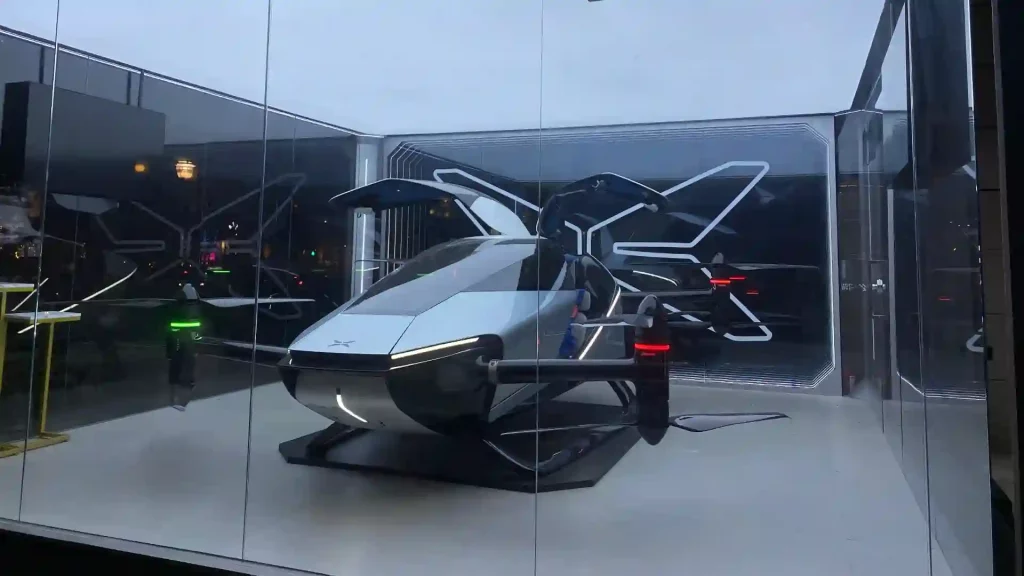Flying taxis are no more a far-fetched idea from sci-fi movies, as UAE’s General Civil Aviation Authority released the world-first national regulation on vertiports. The word ‘vertiport’ originates from the two words vertical and airports. They are facilities for airborne vehicles, such as air taxis, that will take off vertically.
UAE’s new regulations for vertiports:
The aviation industry in UAE is highly competitive and progressive. Therefore, it is only fair that eVOTL aircraft will make a grand debut in the UAE. Additionally, eVOTL manufacturers are eager to launch their aircraft by 2024, raising the demand for vertiports.
The new regulations concentrate on the design of the vertiports as well as the operational aspects of these facilities. The draft is under consideration, and the final version is expected to be released in the first quarter of 2023.
eVOTL X2’s test flight:
In October 2022, the world’s first electric flying car, eVOTL X2, made by Chinese electric car manufacturer XPeng took a 90 minutes test flight in Skydive Dubai. It reached a maximum flight speed of 130 kilometres per hour. It was observed that the flying car produced zero carbon dioxide emissions during the flight. Furthermore, it is designed with low-altitude city capabilities in mind.
Promises of a carbon-neutral industry:
Flying taxis are not only an exciting innovation for tech enthusiasts but a novel invention to curb pollution and fight global warming. It is destined to bring a revolution in the transport industry.
The carbon-neutral eVOTL industry also promises to mitigate the daily struggles of traffic jams, making transportation seamless and hassle-free. It is also likely to improve logistical responses to emergencies and make public facilities more accessible. Therefore, it is imperative that this industry gets the safe, suitable and regulated infrastructure of the highest order.
The world envisages a global network by 2030, and urban air mobility is one of its stepping stones. Additionally, the new vertiport regulation is believed to strengthen the UAE’s agenda of Urban Air Mobility proposition. It enhances the safety norms in the aviation industry and provides a unique certification and a regulatory oversight framework for the upcoming vertiports.
Director-General of the General Civil Aviation Authority, Saif Mohammed Al Suwaidi, says that the new vertiport framework will revolutionise air mobility. Through adequate planning and cooperation from stakeholders in the aviation industry, they will explore new possibilities in logistics, transportation, accessibility and environmental conservation.
As the new year is right around the corner, it will be interesting to see how rapidly technology will infiltrate our daily lives in the form of flying taxis and other awe-striking inventions. Once the regulations are rolled out, it is only a matter of time before flying taxis will make their debut in the UAE skyline. But will it jeopardise environmental and economic sustainability at any point, or what will its long-term implication be for daily commuters? Will eVOTLs maintain their popularity even after their launch, or will they be another ephemeral trend?
Flying Taxis: Once an Idea Soon To Become a Reality In UAE

Flying Taxis: Once an Idea Soon To Become a Reality In UAE